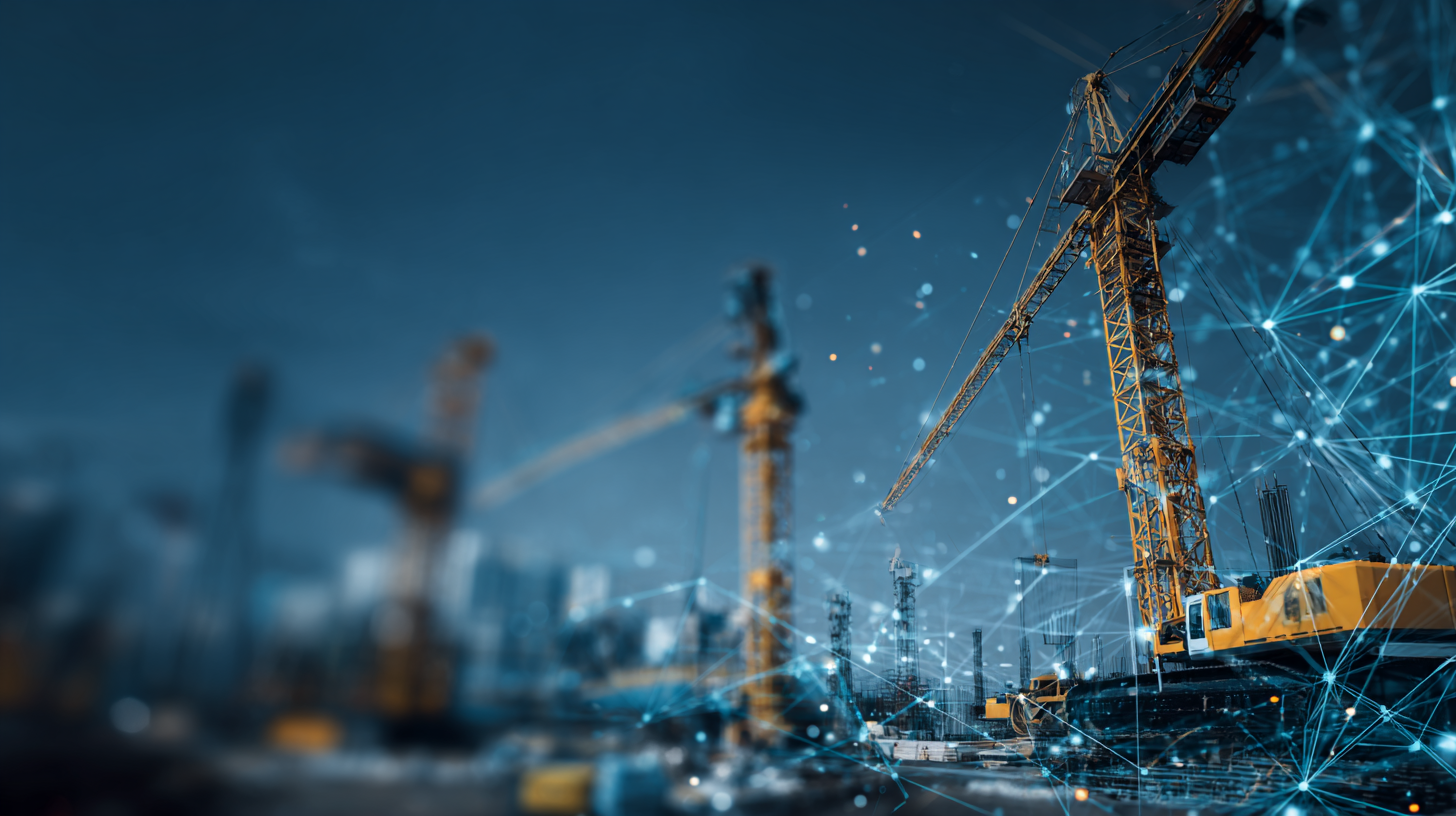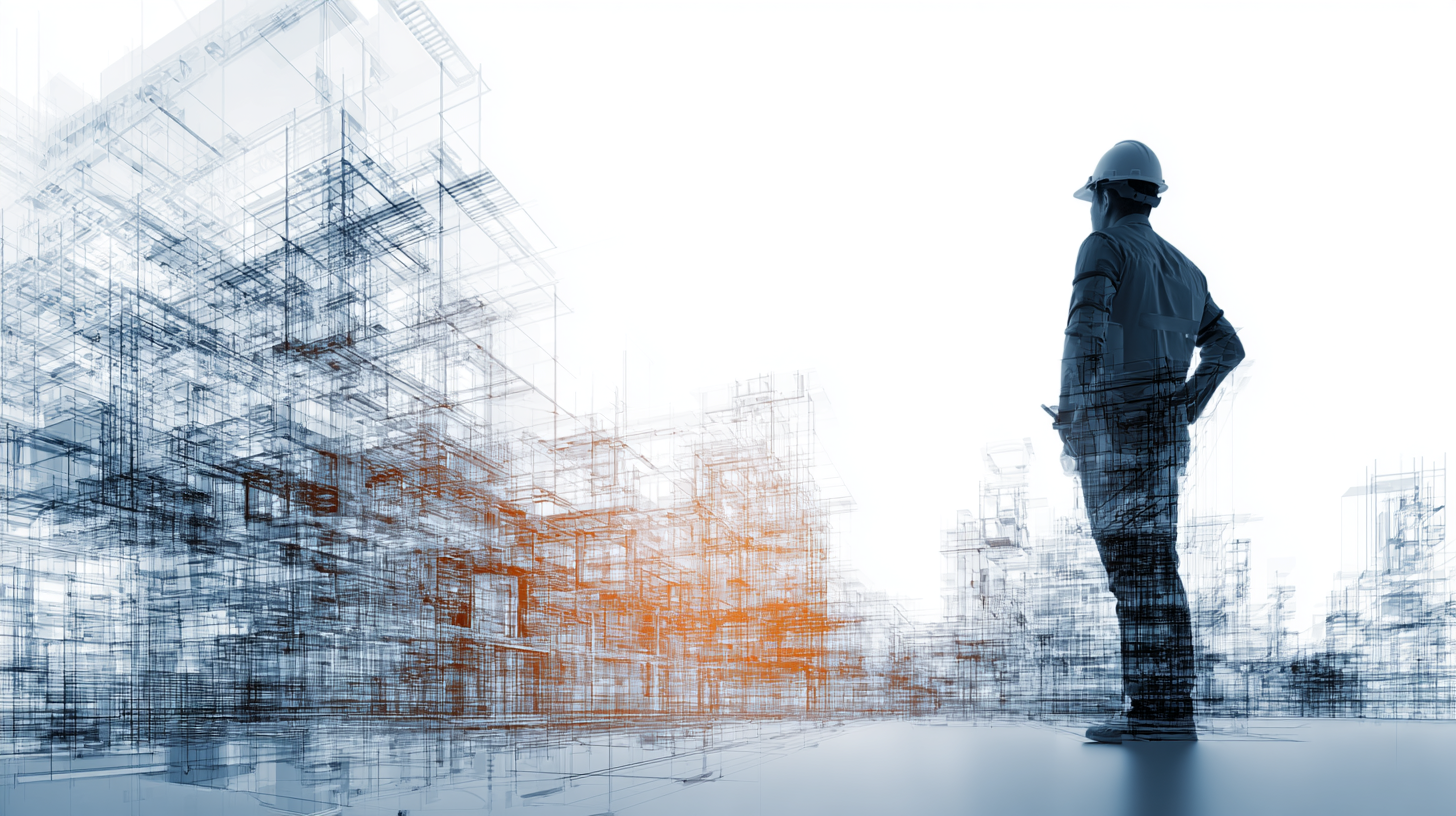
AI in Construction Operations: Navigating Practical Applications and Challenges
In recent years, Artificial Intelligence (AI) has made significant strides in transforming various industries, and the construction sector is no exception. As someone who may be working in or interested in construction operations, you might be curious about how AI can be practically applied to improve efficiency, safety, and project outcomes. However, with these advancements come unique challenges that require careful navigation. In this article, we will explore the practical applications of AI in construction operations, the emerging trends shaping its future, and the governance challenges you should be aware of.
Understanding AI in the Construction Landscape
To appreciate the impact of AI in construction, it’s essential to first understand what AI entails in the context of your industry. AI encompasses a range of technologies, including machine learning, natural language processing, and computer vision, all of which can be utilized to optimize construction processes. By leveraging these technologies, construction companies can solve complex problems, automate repetitive tasks, and enhance decision-making processes, resulting in increased productivity and reduced costs.

As an industry professional, you might find that AI helps you better predict project timelines, manage resources effectively, and ensure compliance with regulations and safety standards. The blend of these capabilities allows for a more seamless construction workflow, enabling teams to focus on higher-level tasks that require human input and creativity.
Practical Applications of AI in Construction
Predictive Analytics for Project Management
One of the most exciting applications of AI is its ability to enhance project management through predictive analytics. By analyzing historical data, AI algorithms can identify patterns and trends that inform risk assessments and project forecasting. This technology enables you to anticipate potential delays, budget overruns, or resource shortages before they occur.
For awareness training, incorporating predictive analytics can revolutionize your approach to project planning. Imagine being able to adjust your project timelines and budgets based on reliable forecasts. With AI, you can improve coordination among teams, enhance stakeholder communication, and ultimately lead to successful project execution.
Autonomous Machinery and Equipment
AI advancements have also led to the development of autonomous machinery that can perform various tasks on construction sites. From excavators to drones, these AI-powered machines can significantly reduce labor costs and improve efficiency. For instance, drones equipped with camera systems can survey construction sites quickly and accurately, delivering high-resolution images that assist with planning and monitoring.
Considering the strides in technology, it’s crucial to stay updated on the types of equipment available and how they can be utilized on your projects. Incorporating autonomous machinery can streamline operations, reduce on-site accidents, and free up your workforce to focus on tasks that require a human touch.

Improved Safety through AI Monitoring Systems
Safety is a top priority in construction, and AI can play a significant role in enhancing workplace safety. AI-powered monitoring systems use computer vision to identify hazards like workers not wearing safety gear or recognizing unsafe behaviors. These systems can send real-time alerts to supervisors, allowing for immediate corrective actions.
As you embrace AI safety monitoring, training your team to utilize these systems effectively can create a culture of safety awareness. Understanding the technology behind AI monitoring allows your workforce to embrace innovation while prioritizing safety, ensuring that everyone goes home unharmed after the day’s work.
Emerging Trends Shaping AI in Construction
Integration with Building Information Modeling (BIM)
Building Information Modeling (BIM) is a growing trend that blends seamlessly with AI technologies. AI can enhance BIM by providing advanced data analyses and predictive insights about building performance and lifecycle. By integrating AI with BIM, your team gains insights that facilitate better decision-making throughout the construction process.
By utilizing AI alongside BIM, you can streamline changes to design, improve collaboration between various stakeholders, and create smarter buildings. This trend signifies a future of construction that’s not only innovative but also focused on sustainability and long-term efficiency.
AI-Driven Project Financing and Leasing Models
Another emerging trend is the use of AI within financing models tailored to construction projects. AI can analyze market conditions and historical financial performance to help stakeholders forecast project costs and assess financing options. This capability allows for more strategic investments and risk management, providing you with insights into potential ROI and profitability.

As you navigate the complexities of project financing, AI-driven analyses can offer data-backed recommendations that improve your chances of project success. Understanding these models can also equip you to communicate more effectively with stakeholders regarding investment and financing decisions.
Sustainability and Green Building Initiatives
Sustainability is becoming an increasingly vital aspect of construction operations. AI has the potential to drive green building initiatives by predicting energy consumption, optimizing resource utilization, and identifying environmentally friendly materials. By leveraging AI, your projects can align with sustainability goals while reducing environmental impacts.
As you engage in construction practices that prioritize sustainability, it’s essential to train your workforce on the significance of these AI capabilities. Advocating for green initiatives can elevate your organization’s reputation while contributing to a healthier planet.
Challenges in Implementing AI in Construction Operations
Data Privacy and Security Concerns
As you explore AI’s capabilities, it’s important to acknowledge the challenges associated with data privacy and security. Construction projects generate vast amounts of data, including sensitive financial and personal information. Ensuring that this data is secured and used within ethical frameworks is essential to maintaining trust among stakeholders.
Establishing clear data governance practices within your organization can help address these concerns. Training staff on data security measures and ethical AI deployment will position your team to navigate potential pitfalls with confidence.
Skills Gap and Workforce Training
AI’s introduction into construction operations also highlights the skills gap present in the industry. While AI technologies present numerous benefits, they also require specialized knowledge to implement and manage effectively. Consequently, it’s vital to invest in workforce training and development to ensure that your team is equipped to utilize AI technologies to their fullest potential.
Implementing AI awareness training can help your employees keep pace with innovation and foster an adaptive culture within your organization. By bridging the skills gap, your workforce can become not only proficient in AI technologies but also lead the way in exploring new applications.
Regulatory Compliance and Ethical Challenges
Navigating regulatory compliance and ethical challenges is crucial as you adopt AI in construction. Different regions may have varying guidelines on the use of AI technologies, especially regarding data usage and worker safety. Staying updated on regulations is essential to avoid potential penalties and maintain your organization’s integrity.
Moreover, engaging in discussions about AI ethics can help your team appreciate the broader implications of AI deployment. Discussing value-driven approaches to AI can foster a culture of responsibility within your organization, ensuring that your applications align with societal values and expectations.
The Future of AI in Construction Operations
With the rapid advancements in AI technologies, the future of construction operations looks promising. As you continue to explore AI applications, it’s vital to cultivate a proactive approach to innovation while remaining mindful of the challenges ahead. The integration of AI will create opportunities that were once unimaginable, potentially reshaping how your industry operates.
Continuous Investment in Technology
As AI evolves, continuous investment in technology is necessary to stay competitive in the construction sector. Evaluating new tools and technologies will allow you to make informed decisions on which innovations to implement in your operations. Staying abreast of the latest AI developments will help ensure that your organization does not fall behind in an increasingly digital landscape.
Collaboration Across the Industry
Collaboration is key in maximizing the benefits of AI in construction operations. Engaging with technology providers, research institutions, and your competitors can lead to shared insights and innovations that propel the industry forward. Establishing partnerships can foster a culture of open dialogue, allowing you to learn from others’ experiences while contributing valuable knowledge to the collective.
Embracing a Culture of Innovation
Finally, fostering a culture of innovation within your organization can help you adapt to the evolving landscape of AI in construction operations. This involves encouraging creativity, experimentation, and idea-sharing among your team members. By creating an environment where innovation is celebrated, you improve not only your operational efficiency but also employee satisfaction and engagement.
Conclusion
In conclusion, AI presents exciting possibilities for construction operations, offering practical applications that enhance efficiency, safety, and project management. As you navigate these advancements, it’s crucial to remain aware of the accompanying challenges—such as data privacy, workforce training, and regulatory compliance—that must be addressed.
By embracing AI strategically, continuously investing in technology, collaborating across the industry, and fostering a culture of innovation, you can better position yourself and your organization for future success. As the construction landscape continues to evolve, your ability to adapt and harness the power of AI will ultimately determine your competitive edge.
Thank you for taking the time to read this article! If you found value in this information, feel free to clap, leave a comment, and subscribe to my Medium newsletter for more updates on AI and its role across various industries. Happy exploring!
